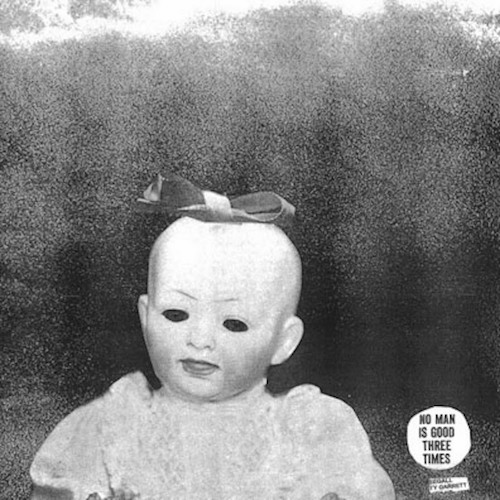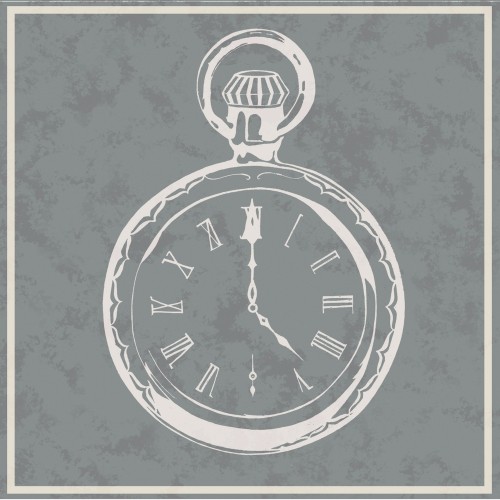 Release Date: February 7th, 2012
Release Date: February 7th, 2012





After collaborative works with Prins Thomas and Christabelle, Hans-Peter Lindstrøm has recorded the follow-up proper to his 2008 debut full-length, Where You Go I Go Too. Six Cups of Rebel is another 55-minute set of disco-infused techno, but instead of three massive pieces (tracks on Where You Go I Go Too ranged from 10 to 29 minutes), this new effort provides seven shorter, easier to digest tracks.
Lindstrøm’s influence from the 1970s and ’80s is ever apparent: from the analog synthesizers and four-on-the-floor beats of disco to the meticulous arrangements and large sonic scope of prog rock, he’s got it all. The result is a balance of nostalgia and futurism that few artists have been able to attain since The Avalanches’ seminal work Since I Left You. While it’s more than unlikely that this album will have half the impact and lasting power of said work, it is a fun ride that can earn some playback this year.
After “No Releases” opens the album in an oddly repetitive and hypnotic manner, like if Rick Wakeman wrote an intro track for Pink Floyd, “De Javu” starts the fun with some funky, sweet basslines and endlessly danceable rhythms. There are some goofy vocals inserted into the track, but they work with the music. Lindstrøm uses vocals here in a similar manner that Velella Velella has done in the past: they present another melody and a lyrical hook but don’t carry the track like they would in a typical dance-pop song.
It is apparent that this effort focuses more on the dance floor and less on the stars. The lush, spacey textures are still there, but the rhythm section is slightly more pronounced, with more of a pop to it. And on the whole, it just sounds brighter, as reflected in the hot colors that make up the album’s artwork.
“Magik” continues the excitement with lots of live drums and pitch-modulated vocals. The synthesizers border on cheesy, but their placements and usage are so perfectly thought out and executed that listeners can only smile. Justice tried this sort of approach on their last record, but Lindstrøm actually makes it work.
“Call Me Anytime” and “Hina” are the two 10-minute tracks on the album, employing a similar flow and construction as the shorter numbers on Where You Go I Go Too. The latter is a particularly strong track and a great closer. There are polyrhythms galore as the drums bounce in and out of phase with the spellbinding synths while lush vocoded vocals float on top. The track cuts abruptly into the arpeggiated notes from the intro, suggesting the listener give it another go. It’s not good enough to warrant an immediate replay, but the next time they want to get their dance on, they will likely look here.
Six Cups of Rebel is a simply jubilant album. It’ll lift the spirit of anyone who lays ears on it. Lindstrøm is a master of his craft, piecing together sounds from all kinds of sources to reflect where he came from and where he wants to go. The only issue that arises with such a painstaking technique is that sometimes there’s too much going on for it to sit in the background, but there’s not much that will stick with the listener when it’s over. It’s very much an in-the-moment sort of album, and in that moment, it’s a very good one.
Lindstrøm – Six Cups of Rebel tracklist:
- “No Release”
- “De Javu”
- “Magik”
- “Quiet Place to Live”
- “Call Me Anytime”
- “Six Cups of Rebel”
- “Hina”


